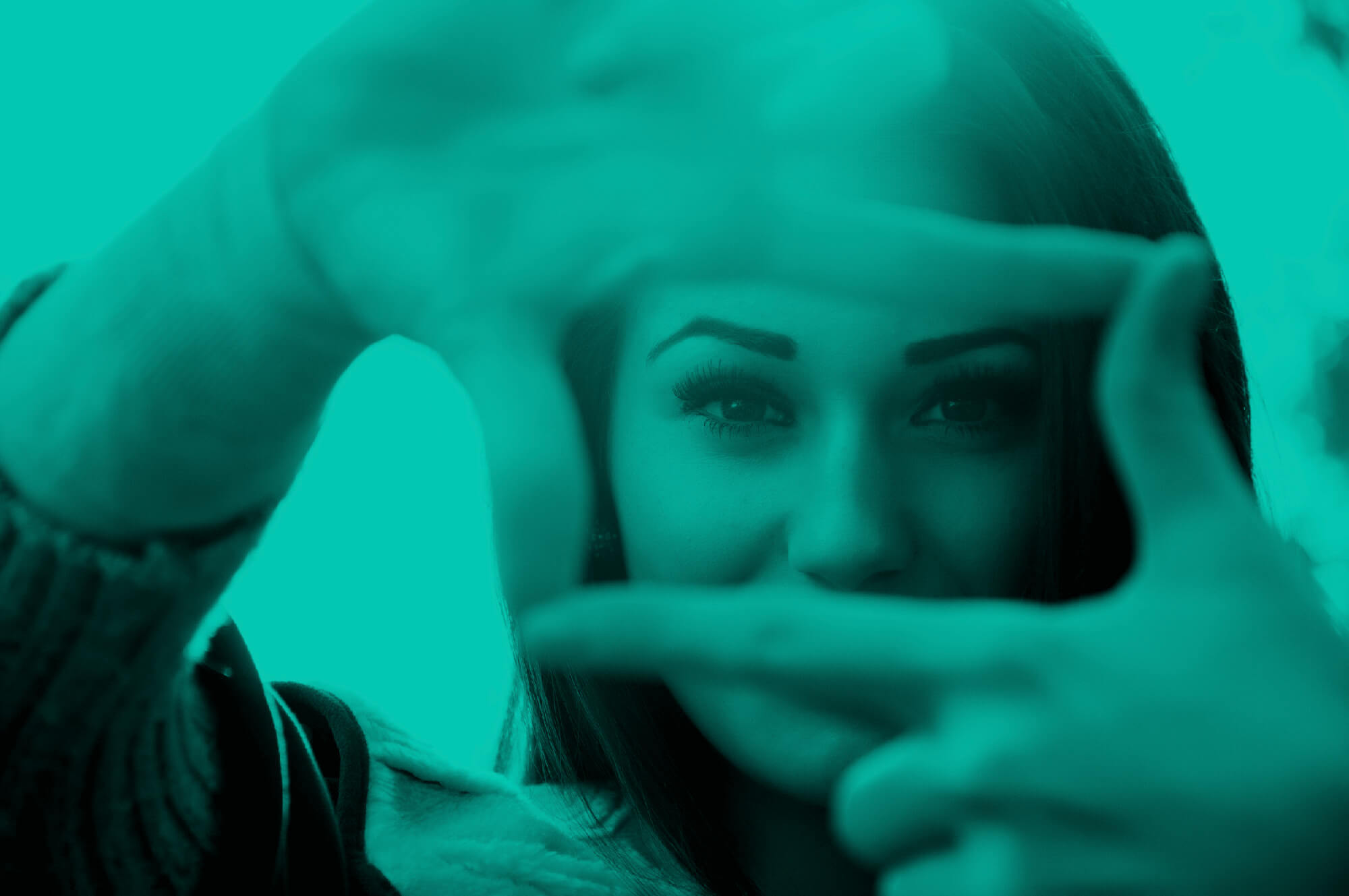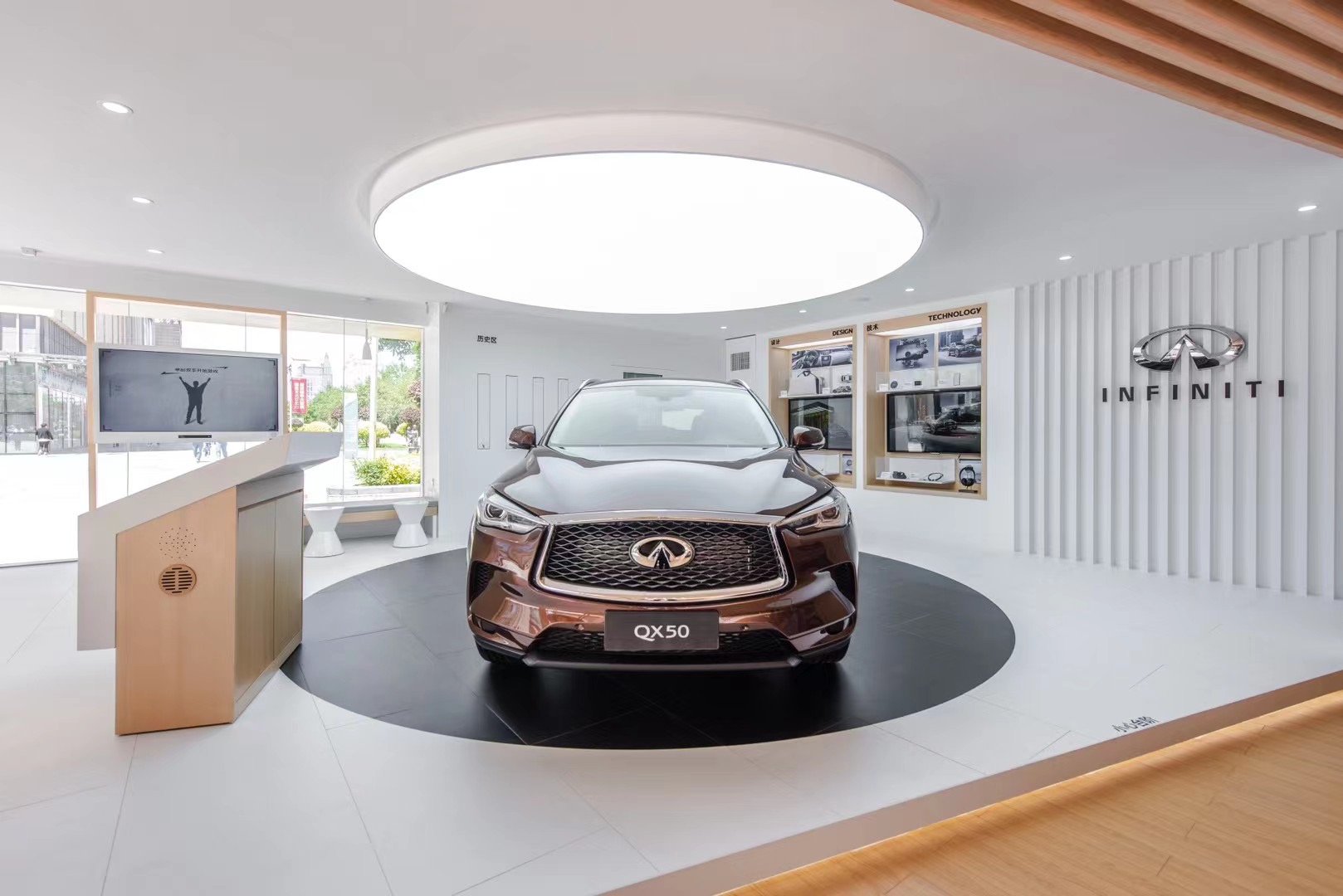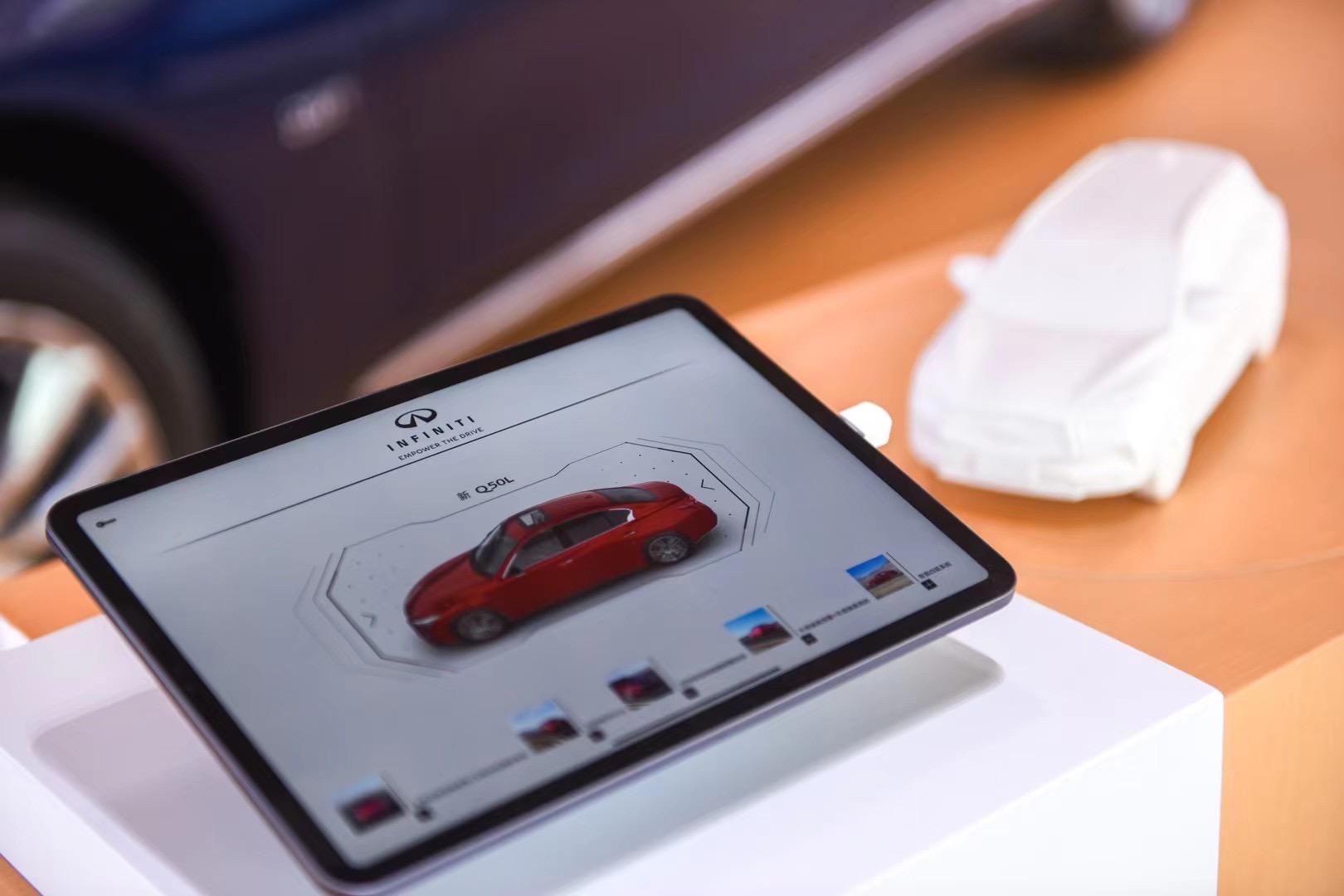
Metaverse, Localisation and Ethics: The new wave in luxury brand marketing
The luxury market is in the midst of transforming rapidly to cater to emerging trends, in large part due to the shift of consumption power to millennials, Gen Z and even Gen Alpha. As they assert their position as a critical segment of many market segments, the new consumers’ expectations and demands are setting trends that even the most rarefied reaches of the market cannot ignore.
According to a study, millennials and Gen Z consumers will comprise 70% of the luxury market by year 2025 and contribute 130% of its growth. As a result, the luxury market has transformed drastically to entice this demographic. In previous decades, luxury was all about wealth, status and exclusivity. Hence it was logical for brands to mainly target older, more established customers. But with younger generations entering the arena, luxury brands have been compelled to try new strategies to remain relevant.
Here are some recent luxury market trends that might teach us a thing or two about effective marketing:
Embrace the metaverse
With prominent figures such as Mark Zuckerberg talking it up, the metaverse is no longer the future of the internet – it is the present. A metaverse is a simulated digital environment that incorporates the concepts and technologies of social media, blockchain and VR/AR to create a virtual world allowing creative and immersive interaction. And with NFTs (non-fungible tokens) acting as a virtual certification of ownership, virtual goods can be traded in the metaverse. Analysts at Morgan Stanley even estimate the market for virtual luxury goods could be as large as US$50 billion by 2030.
Eyeing this new vista, many luxury brands have already launched NFTs. For example, Italian fashion house Dolce & Gabbana launched ‘Collezione Genesi’, a nine-piece, one-of-a-kind collection of fashion NFTs, which is also the first luxury NFT collection that involves both digital and physical items. The NFT was auctioned by UNXD – an exclusive NFT marketplace for digital luxury and culture – for a total of 1,885.719 wETH (wrapped Ethereum cryptocurrency) or the equivalent of nearly US$5.7 million.
Shocking as it may seems, that transaction was only the beginning of a new trend. Many brands have since at least begun to consider embracing the metaverse and launching their own NFTs. You can see more of these forays here.
Digitalised yet localised
With terms like ‘metaverse’, ‘NFTs’ and ‘VR/AR’ floating around, everyone has some understanding of the ubiquity of digitalisation. However, it might surprise some to hear that one of the main benefits of digitalisation – namely, globalism – may not be a positive thing where luxury marketing is concerned.
According to a study, 86% of localised campaigns outperformed their global counterparts. This signifies that customers prefer a tailor-made, localised experience to homogenised content targeted to the widest possible audience. Take Infiniti, the upmarket division of the Japanese carmaker Nissan, as an example: to ensure a unique and personalised experience for their customers in China, the brand opened a new Infiniti Q Store in Yinchuan in 2021. Pico helped design, build and operate the space.

Using market research to understand their customers, Infiniti and Pico developed exclusive brand-aligned digital tools for more efficient customer-brand communication. In response to local preferences, the Store avoided complicated decoration and based its design on simple, natural elements.
As Chinese customers are highly inclined toward digital and VR interaction, the Store was developed as an ‘intelligent digital retail space’ offering interactive experiences. Visitors can access digital sales and service tools or even a virtual brand booth and visualiser for product information. A Pico-created comic interactive experience and quiz offered visitors a touch of entertainment as well.

With its ‘digitalised and localised’ concept, the new Infiniti Q Store’s opening was a great success, attracting more than 2,000 visitors and 600,000 exposures across channels in just two months.
Ethics over aesthetics
People today take enormous pride in their social awareness and yearning to make a tangible change. Many reject brands they perceive as failing to show true commitment to causes like sustainability, diversity and inclusivity. Aesthetic quality, cachet and even price are all glossed over if the brand does not reflect the customers’ ethics.
To win over these customers, brands must practice what they preach and implement or incorporate actual ethical measures into their business and products. Let’s look at how Anya Hindmarch, the handbag brand, attracted massive positive support with their ‘I Am a Plastic Bag’ collection.
The project was launched both to raise awareness of the problem of single-use plastic as well as to tackle the ‘circularity’ issue. Thus, the collection is based on a material derived from recycled half-litre plastic bottles, which is spun and woven into the innovative fabric used to create made-to-order ‘I Am a Plastic Bag’ luxury totes.
Source from TheLuxuryChannel YouTube channel
This environmentally-friendly product received great feedback and attracted many supporters. As well as generating huge sales, the campaign elevated Anya Hindmarch by associating green concepts with its products. The brand even won a ‘Butterfly Mark’ from Positive Luxury, commending them for making a positive impact on nature and society.
Conclusion
New cultural preferences are increasingly dictating consumer demand and therefore new market trends – including in the luxury segment. To avoid being ‘left behind’ by this transformation, luxury brands are adapting to the expectations of the newly dominant demographic, such as by exploring the NFT market and the metaverse, demonstrating strong ethics through their products, and by localising their digitalised marketing.